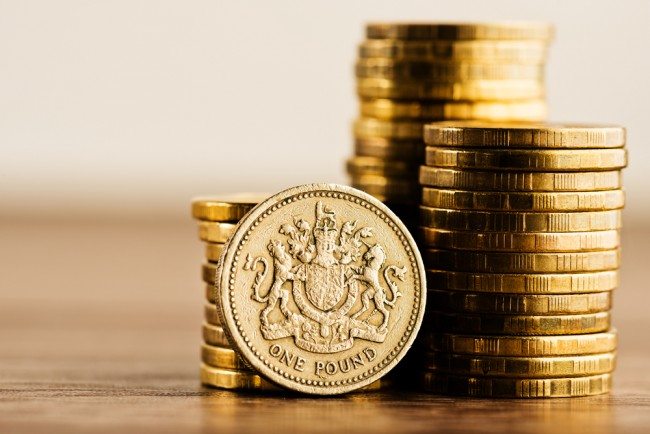Oxford Economics said the pound was undervalued “on a wide range of valuation metrics”, while analysts at Barclays said on one measure, sterling had only been cheaper against a basket of currencies during the depths of the financial crisis and the International Monetary Fund UK bail-out in the 1970s.
Barclays, Nomura and Citi said near record bets against sterling would start to unwind if the initial constructive tone adopted by the UK and Brussels continued as Brexit negotiations began and US president Donald Trump faced further hurdles implementing reforms, reports the Telegraph.
Data published by the Commodity Futures Trading Commission (CFTC) last week showed speculative net sterling short positions stood at 104,075 contracts at the end of March, close to the previous week’s record high.
“To be that short when you’re this cheap seems like a mistake to me,” said Marvin Barth, global head of foreign exchange at Barclays.
Analysts at Barclays believe that sterling will rebound to $1.38 against the dollar within 12 months, and hit $1.32 by the end of this year.
Political risks in Europe mean the pound will also climb back to its pre-referendum level against the euro of €1.30 by the start of next year, it said.
Nomura believes the pound is up to 25 per cent undervalued against the dollar, adjusted for price differences and buying power.
The pound plunged against a range of currencies following the Brexit vote, falling from around $1.45 against the dollar to lows not seen since 1985.
However, sterling posted its first quarterly gain against dollar since June 2015 in the first quarter, closing at $1.2542.
“We expect the triggering of Article 50 to initiate a ‘sell the rumour, buy the fact’ rebound in sterling from historic undervaluation as ambiguity over Brexit recedes”, said Mr Barth.
Oxford Economics also believes the pound will rise to $1.32 against the dollar by the end of the year, and $1.35 in 2018.
“We see risks of an overshoot to our forecast in the intervening period,” said Martin Beck, lead economist at the consultancy.
“There is more than a reasonable chance that pragmatism will prevail and cliff-edges will be avoided given the potential costs to both side if no agreement is reached.”
Blackrock, the world’s largest asset manager, has retained a long position in sterling. The plunge in the pound’s value in the wake of the vote has also helped to narrow the UK’s current account deficit, which halved at the end of last year.
Analysts said the marked narrowing, which was partly due to a rise in earnings on overseas investments, also suggest the pound is undervalued.
David Page, senior economist at AXA Investment Managers, said the improvement in the UK’s current account balance, which measures the difference between money flowing in and out of the UK through trade, investment income and transfers to bodies such as the EU, “should limit downside appetite for the pound even as we expect negative headlines from preliminary EU negotiations to mount.”
Analysts also said a short-term rebound in sterling this April was also likely.
Sterling has climbed against the dollar in April for the last 12 years amid a fall in US Treasury issuance, traditionally stronger demand for crude oil as refineries repoen after maintenance shutdowns, and an influx of foreign capital into the FTSE 100’s commodity giants, pushing up sterling demand.
Analysts at Citi if the pound climbed to $1.2735 against the dollar this “could trigger a move to [around] $1.34 to $1.35, especially with a significant net short position remaining in sterling.”


